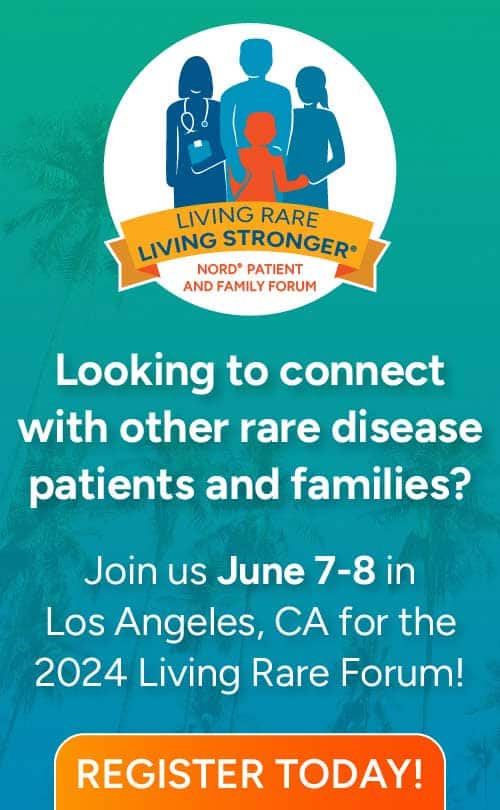This week, the Fanconi Anemia Research Fund (FARF) and the National Organization for Rare Disorders (NORD) launched the largest-ever study to research Fanconi anemia (FA), a patient-driven natural history registry that will result in a wide variety of clinical findings. Fanconi anemia currently has no cure.
The new study, “An observational study in Fanconi Anemia,” creates a platform for patients around the world to share information about their experiences living with Fanconi anemia. Its purpose is to build an international resource to be used by scientists in future research and clinicians in future treatment.
“Our goal is to find better treatments for people with Fanconi anemia so they can live better and longer lives. The registry is vital to achieving this. The first step is to enroll as many patients, or their parents or legal guardians, as possible,” said Sudhir Borgonha, FARF Translational Science Director. “The success of the registry is dependent upon community participation.”
To help drive awareness and participation, FARF will inform the patient community through its website, email and telephone communication, social media announcements and announcements at FARF-sponsored patient meetings.
The FA registry is a natural history study that consists of electronic surveys to collect information about the patient experience and disease progression. Patients, or their caregivers or guardians, can enter information from anywhere in the world. The data is made anonymous and stored securely in an online portal. The Fanconi Anemia Research Fund may share the data with individuals or institutions conducting research or clinical trials, as approved by the study’s governing board, which includes scientists, doctors, and patient advocates.
FARF is launching the study in collaboration with the National Organization for Rare Disorders, an independent charity that built its natural history study platform as part of its mission to help identify and treat 7,000 rare diseases. FARF is a member of NORD and the organizations work together to eliminate the challenges that rare disease patients face.
“Patient-powered registries are changing the landscape of rare disease research,” said Vanessa Boulanger, NORD’s Director of Research Programs. “By building strong partnerships within the community and with leading scientific experts, NORD’s Registry Program is well-positioned to address knowledge gaps and accelerate the development of discoveries that save lives. We are so pleased to welcome the Fanconi Anemia Research Fund as a partner in our IAMRARE™ registry community!”
Fanconi anemia is a rare genetic disorder that occurs in approximately one out of every 131,000 people in the United States. It is a DNA-repair disease that affects all systems of the body and may lead to bone marrow failure, leukemia, and/or cancer. People with FA are hundreds of times more likely than others to develop cancer, and at a much younger age.
More information on the new study can be found here.



